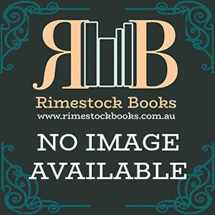
Morning Dew and Roses: Nuance, Metaphor, and Meaning in Folksongs (Folklore and Society)
Book details
Summary
Description
"A major academic work that is also brilliantly, clearly, humanely,
and poetically written. It can be enjoyed not only by ballad and bawdry
scholars but by everyone who picks it up." -- Kenneth S. Goldstein,
University of Pennsylvania, former president of the American Folklore
Society
"Toelken's insights . . . are unique. His study broadens and deepens
scholarly appreciation of how folksong metaphors carry their own semantic
weight. . . . One of the best expressions of the power of music in folksong
that I have seen in recent years." -- James Porter, author of The
Traditional Music of Britain and Ireland
In this lively exploration of folksongs and their meanings, Barre Toelken
looks closely at riddle songs and other ambiguous folksongs, as well as
the various "ballad commonplaces." Ranging through metaphors
such as weaving, plowing, plucking flowers, and walking in the dew, Toelken
shows how each contributes to meaning in vernacular song. He includes
comparisons to German folksongs, medieval poetry, Italian folk lyrics,
and a wide range of Euro-American vernacular expression.


We would LOVE it if you could help us and other readers by reviewing the book
Book review



